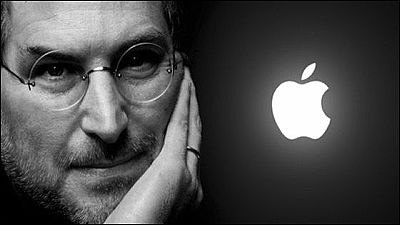It's been pointed out that Amazon is overflowing with 'trash books' created by AI. Why is this increasing so much?

There have been many reports of low-quality 'trash books' written by AI on Amazon. In the past, there have been reports of
Amazon ebooks: Are the Mikkelsen twins running a scam? Here's our investigation - Vox
https://www.vox.com/culture/24128560/amazon-trash-ebooks-mikkelsen-twins-ai-publishing-academy-scam

Amazon has a large amount of AI content available, and sometimes misleadingly or fraudulently represents books as belonging to other authors. Amazon had been adamant that it would not remove books without a trademark on the author's name, but since the National Authors Guild has begun supporting authors who have been affected, it has updated its content guidelines to include a clause requiring that 'books containing AI-generated content be declared when published.'
Amazon, which had been silent about 'trash books' written by AI and sold under other people's names, is now taking action in response to the Authors Union's appeal

Still, there are many low-quality AI-generated books on Amazon, and when veteran technology journalist Kara Swisher published her memoir, it was reported that as the book became a hot topic, Amazon was publishing a large number of 'AI-generated biographies of Swisher.' Swisher said, 'There were dozens of fake books out there. I thought, 'What is going on at Amazon? Why doesn't Amazon stop this?''
Amazon is seeing a surge in 'low-quality AI-generated biographies,' and is beginning to restrict publishing in some genres to stop the proliferation of AI-generated books

'We're used to quick, one-click purchases on e-book marketplaces like Amazon,' said Constance Grady, a senior journalist on Vox's publishing and books team. 'Who wants to have to worry about whether an author or subject is legitimate, and for authors to have to clearly state that their book is legitimate?'
On the other hand, according to Grady, trash books are often not actually profitable. If low-quality e-books are generated by AI and sold at $0.99 (about 153 yen), the lowest price that can be set on Kindle, depending on the sales, the cost of the AI may even result in a loss. Those who generate trash books make money by teaching the process of making trash books, and 'it's a chain of endless dissatisfaction and trash production, and in the end it's the readers and writers who love books who lose out,' Grady said.
An Amazon spokesperson said, 'Last year, we began requiring all publishers using the Kindle Direct Publishing service to provide information about whether their content was generated by AI. We also limit the total number of titles that can be published per day to prevent an AI book rebellion.' According to the spokesperson, Amazon has a 'strong set of methods' to detect content that violates our guidelines, and regularly detects and removes such books, and may suspend accounts that habitually upload trash books.

On the other hand, Christian Mikkelsen, who publishes books using AI, said, 'There are two groups of AI use: AI-generated and AI-assisted. They are completely different.' Mikkelsen has established a way to finish a book quickly by having AI select a topic and create an outline of the book using AI, and then having a writer write the manuscript. After selling it through self-publishing, he uses a network of high-rated reviews to improve the book's rating and push it up the algorithm's ranking. Grady points out that 'none of Mikkelsen's methods are illegal, but if you know the norms of publishing, you know they are unethical.'
'The incentives for authors in the modern bookselling economy are to keep costs low, sell lots, and absolutely put on Amazon,' Grady said. 'These incentives are driving us all into a flood of trash. The way they find all the inconveniences and hassles in the bookmaking and selling process and exploit those inconveniences exploits our cultural beliefs that books are meaningful, that writing books is a valuable act, and that reading books enriches our lives. The result is not real books, but digital files in the form of books filled with content that is of no use to anyone.'
Related Posts:
in Posted by log1e_dh





